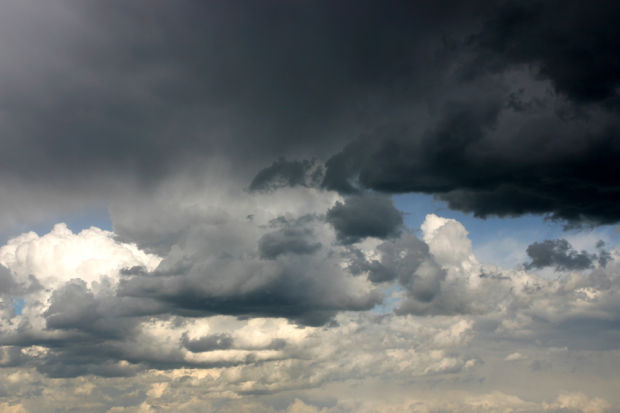LIHUE — A new report released last week says Hawaii should prepare for severe impacts resulting from global climate change, including rising temperatures sea levels, coastal erosion and diseased coral reefs. “This is an important report for us to consider
LIHUE — A new report released last week says Hawaii should prepare for severe impacts resulting from global climate change, including rising temperatures sea levels, coastal erosion and diseased coral reefs.
“This is an important report for us to consider in all areas of our operation moving forward,” Kauai Mayor Bernard Carvalho Jr. said in a statement.
The Third National Climate Assessment was released May 6 by the U.S. Global Change Research Program and includes a section dedicated to Hawaii and the Pacific Islands. More than 300 experts — 15 from Hawaii — contributed to the national report.
“Hawaii and the U.S. affiliated Pacific Islands are at risk from climate changes that will affect nearly every aspect of life,” states the report’s introduction for the region. “Rising air and ocean temperatures, shifting rainfall patterns, changing frequencies and intensities of storms and drought, decreasing baseflow in streams, rising sea levels, and changing ocean chemistry will affect ecosystems on land and in the oceans, as well as local communities, livelihoods, and cultures.”
In a statement, Gov. Neil Abercromie described the report as a “graphic reminder that we need to act now.”
“Being the only island state in the country, we are especially vulnerable to climate change,” he said. “Many of us in Hawaii are already seeing its effects in the way of rising temperatures, drought, flooding, sea-level rise, coastal erosion and ocean acidification.”
Now more than ever, Abercrombie said, it’s time for federal, state and local leaders to work together to prepare for climate change and mitigate its impacts.
The Hawaii and Pacific Islands section of the report included five key messages, including warnings about changes to marine ecosystems, decreasing freshwater available for drinking and crop irrigation, increased stress on native plants and animals, rising sea levels and threats to lives, livelihoods and cultures.
“Drought threatens traditional food sources such as taro and breadfruit, and coral death from warming-induced bleaching will threaten subsistence fisheries in island communities,” reads the report. “Climate change related environmental deterioration for communities at or near the coast, coupled with other socioeconomic or political motivations, is expected to lead individuals, families, or communities to consider moving to new locations.”
Carvalho said much of his Holo Holo 2020 vision revolves around reducing the island’s dependence on fossil fuels and imported food.
“We have numerous projects in motion that will make a difference in those areas,” he said. “Beyond that we have to continue to collaborate with state and federal agencies, the business community, non-profits and the community at large to access the best information and make informed decisions going forward.”
On Wednesday, the day after the report was published, the state Department of Land and Natural Resources announced it would lead an investigation into a deadly outbreak of black band coral disease on Kauai’s North Shore. The team is tasked with reviewing the latest data about the disease, identifying the next steps in research and considering management options.
To review the National Climate Assessment, visit nca2014.globalchange.gov.


